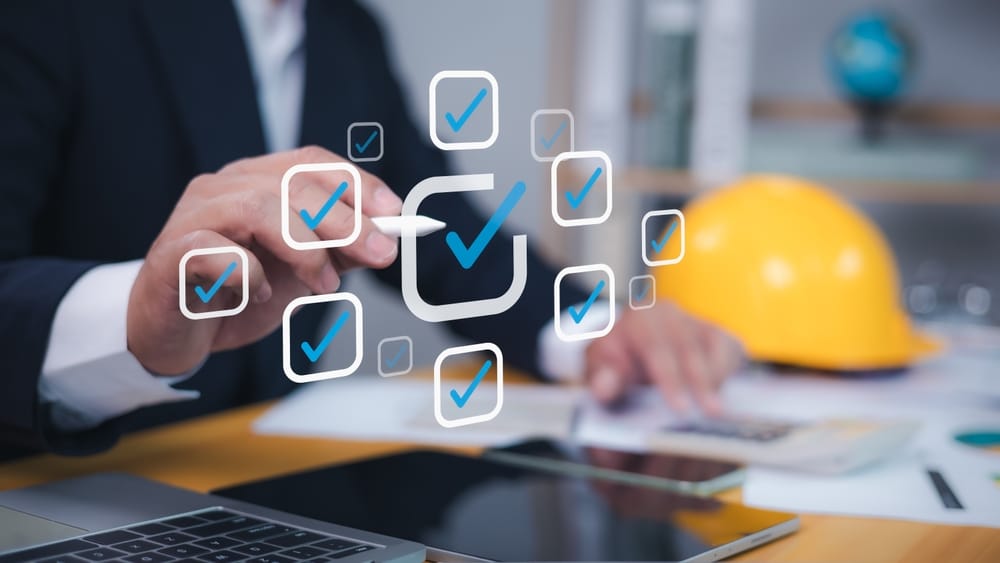BLOG
Immigration is crucial to Florida’s construction industry, as immigrants make up approximately 38 percent of the construction workforce in the state. With the increased immigration enforcement that is now in place, it is imperative for employers to avoid potential liabilities by ensuring their compliance with all the applicable laws and requirements.
E-Verify requirements apply to all private employers with 25 or more employees. Public-sector construction contractors and subcontractors must use E-Verify, and all private employers with 25 or more employees must use it for all new hires. Contractors and subcontractors on public projects must provide an affidavit stating they do not employ unauthorized workers.
As of July 1, 2023, employment eligibility for any new employee must be verified within three business days after their first day of work. Private employers are required to maintain a copy of the documentation presented as part of the Form I-9 and E-Verify process for up to three years from an employee’s initial employment date.
Employers must also certify participation with E-Verify on annual tax returns. E-Verify requirements apply to new employees only and not to existing employees or independent contractors. Florida Statutes Section 448.095 does not expressly require a contractor to E-Verify the subcontractor’s employees for private contracts.
The Florida Department of Commerce, the Attorney General, the Florida Department of Law Enforcement, the State Attorney in the circuit in which a new employee works, or the statewide prosecutor may request an employer to provide copies of any documentation they relied upon for the verification of a new employee’s employment eligibility. Effective July 1, 2024, the Florida Department of Commerce will provide an employer with 30 days to correct any noncompliance with the E-Verify requirements. Fines include $1,000 per day if three violations of the requirements occur in any 24-month period, and employers may also be subject to suspension of licenses for E-Verify violations until the noncompliance is cured.
Further, Florida law (2A Florida Jurisprudence Aliens and Citizens § 18) holds that a private employer is “not required to verify the employment eligibility of a continuing employee hired before January 1, 2021.” However, “if a person is a contract employee retained by a private employer, the private employer must verify the employee’s employment eligibility upon the renewal or extension of their contract.”
The law also states: “Compliance with the statute setting forth the manner by which a private employer is to verify a person’s employment eligibility creates a rebuttable presumption that a private employer did not knowingly employ an unauthorized alien.”
Since the implementation of Florida Statutes Section 448.095, the owner and the contractor should consider adding a provision to address the E-Verify requirements. An example of this provision for private contracts is as follows:
“To the extent applicable to Contractor, Contractor shall fully comply with applicable law governing registration with and use of the E-Verify system to verify the work authorization status of all employees of the Contractor.”
Our firm’s South Florida construction law attorneys write about important matters for property owners and contractors in this blog and our Miami Herald column, which appears every two weeks on Sundays, and we encourage all Florida construction industry followers to click here and subscribe to our newsletter to receive our future articles.

